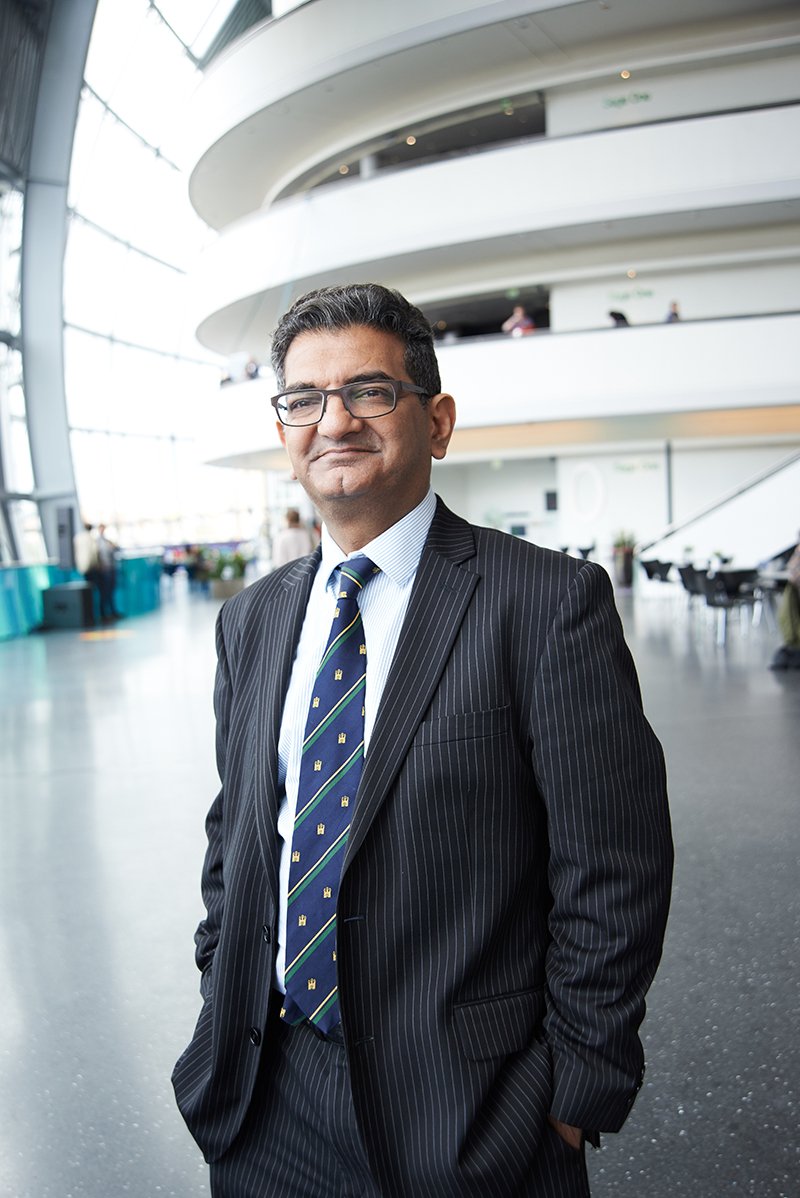It cannot be denied that the COVID-19 pandemic has disproportionately affected older people. This is apparent when you look at the statistics: while only around half of diagnoses of COVID-19 have been in people aged 65 and over, a staggering 89% of deaths have been in that age group. And it is apparent when you hear the stories of older people who died without their loved ones present, spent lockdown alone, physically isolated from friends and family, or struggled to care for their loved ones without access to day care or home care services. The stories from care homes are particularly moving: from care workers who moved into care homes to protect their residents to the harrowing accounts of individual care homes who lost nearly a third of their residents in six weeks. Regardless of how you look at it, the impact of COVID-19 on older people has been devastating.
None of this is news – it has made national headlines almost every day since March. But could it have been different? Could the suffering and disproportionate number of deaths in older people have been avoided?
Older people are a diverse group, ranging from the very fit to those living with frailty, who require additional care and support in their later years. Some have long term conditions and have spent this pandemic ‘shielded’ from society in an attempt to protect them from the virus. Those who live with frailty or long-term conditions were known to be more vulnerable to the virus. Important early signals from countries such as Italy and Spain regarding the terrible consequences on older people in the community and in care homes were not acted on. The BGS believes too little was done too late to minimise harm to vulnerable older people.
The neglect of the social care sector by successive governments is well documented. There is no doubt that this had an impact on the ability of the health and care system to respond to this crisis. It is fair to say that the country would have coped better with a properly funded and integrated social care system. However, we believe some actions could have been easily implemented to mitigate the impact on older people.
The decision to prioritise hospital-based services over additional support for care homes and community services left those reliant on, or working with, those services feeling undervalued, unsupported and exposed to greater risk. It did not need to be this way. The Ageing Well Programme of the NHS Long Term Plan outlines the model for enhanced health support to people living in care homes and for safe, effective community alternatives to emergency hospital admission or rapid support to those discharged from hospital. This NHS England programme was COVID-ready with funding allocated and could have gone a considerable way to mobilise better support for older people during the pandemic. We believe the implementation of this programme should now be fast-tracked and scaled up across the country to build readiness for dealing with the impact of future waves. We must act now to stop even more of our most vulnerable citizens and their families suffering the dreadful consequences of this disease.
The Government can still act to throw their ‘ring of steel’ around older people. We urge them to do so. Never before has the adage ‘better late than never’ rung truer. However, it is not clear if, and from where, the Government is getting specialist clinical advice on older people. We have written to the Secretary of State for Health to offer our expertise and to ensure that older people’s health and care needs are understood and the right support prioritised. This is a hallmark of a civilised society. We owe this to our parents and grandparents, our friends and our loved ones.
Professor Tahir Masud, President of the British Geriatrics Society, said:
As a geriatrician working in an acute hospital, the realities of this pandemic have been apparent to me every day over the last few months. I have watched patients get very sick and recover and I have watched patients get very sick and die. This is, in part, the day job for a geriatrician – death is, after all, a natural part of life and a peaceful death at the end of a life well lived is a good ending. However, there is no denying that the scenes we have witnessed over the last few months are beyond anything that we have seen before and beyond anything that we trained for. Colleagues who work in the community have encountered similar, if not worse, scenes, particularly in the care home sector. The impact of this pandemic on older people has been devastating and the Government must act now to protect older people from a second wave of the virus."
